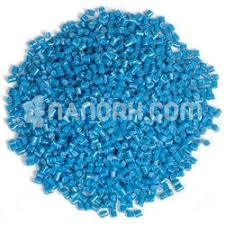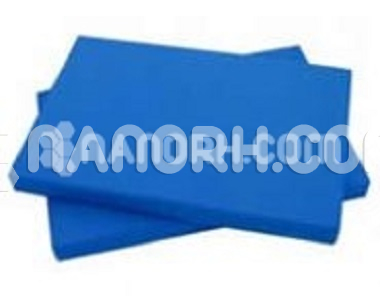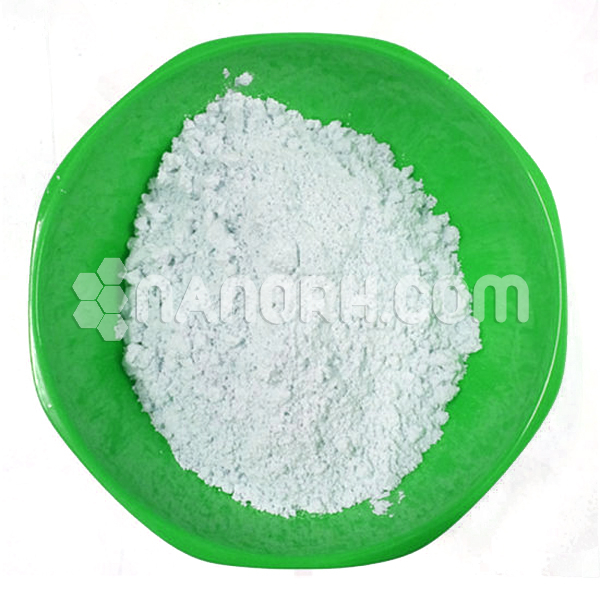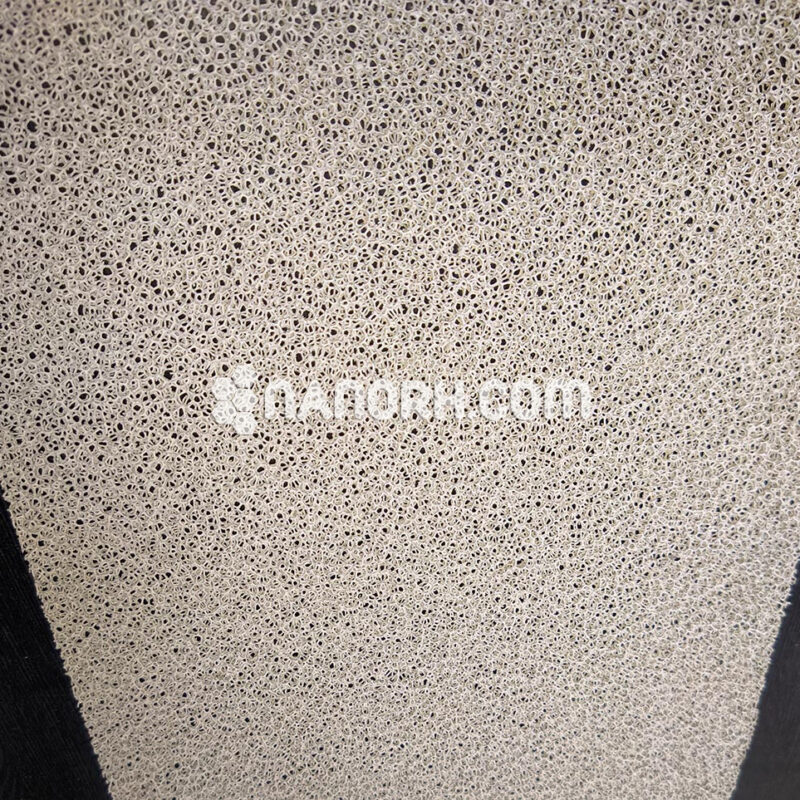| Nylon 6 Granules | |
| Product No | NRE-54007 |
| CAS | NA |
| Purity | 99.9% |
| Colour | Natural |
| Density | 1.13-1.15 g/cm3 |
| Condition | Additive free polymer |
| APS | NA |
| Surface resistivity | <109Ω |
| Melting Point | 329 °C |
| Bending stress | 1000kg/cm2 |
Nylon 6 Granules
Nylon 6 granules are widely used in various industries due to their excellent mechanical properties, toughness, and resistance to wear and chemicals.
Material Overview
Properties: Nylon 6 is a thermoplastic polymer known for its strength, elasticity, abrasion resistance, and good thermal stability. It’s also hygroscopic, meaning it absorbs moisture, which can affect its properties.
Forms: Available as granules, Nylon 6 can be processed into fibers, films, and molded parts through various techniques like injection molding, extrusion, and 3D printing.
Common Applications
Automotive Components: Engine covers, oil pans, air intake manifolds, and other parts requiring high heat resistance and mechanical strength.
Textiles: Nylon 6 granules is used extensively in the textile industry for producing fibers that are turned into fabrics for clothing, carpets, and industrial applications like ropes and fishing lines.
Industrial Parts: Gears, bearings, bushings, and other mechanical components that require toughness, wear resistance, and the ability to withstand repeated stress.
Electrical and Electronic Parts: Nylon 6 granules cable ties, connectors, and other components due to its insulating properties.
Packaging Films: Nylon 6 is used to create strong, durable films for food packaging and other applications where strength and barrier properties are essential.
Processing Methods
Injection Molding
Preparation: should be dried before processing to prevent moisture-related defects like voids or bubbles. Drying is usually done at 80-90°C for 2-4 hours.
Melt Temperature: The recommended melt temperature ranges from 220-270°C, depending on the specific grade of Nylon 6.
Mold Temperature: Maintain the mold temperature between 60-100°C for optimal part quality and dimensional stability.
Injection Pressure: Use moderate to high injection pressure to ensure the material fills the mold properly, especially for complex or thin-walled parts.




